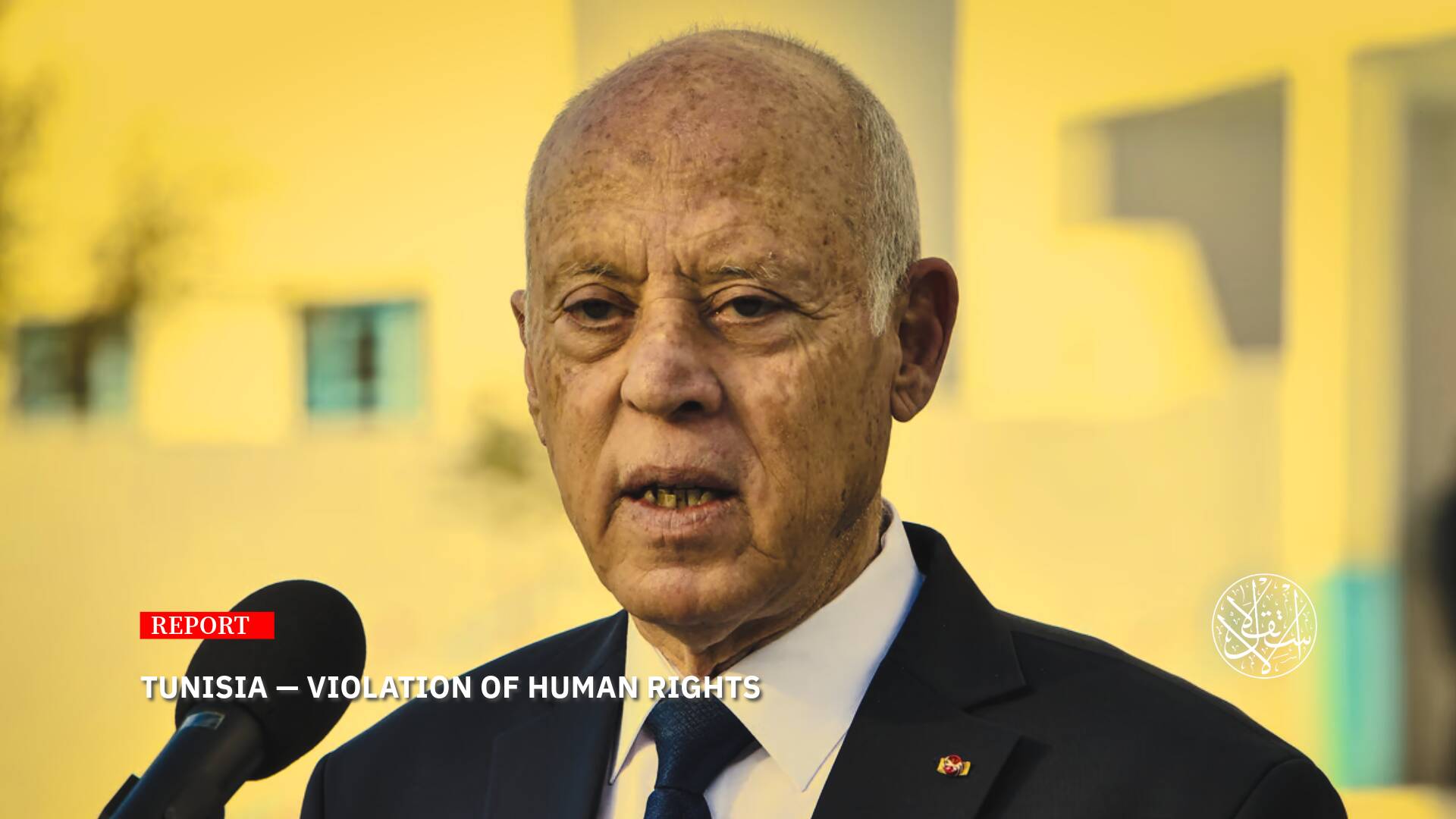Mehdi Ben Barka – A Great National Leader or a Spy in a Small Intelligence Service?

After revealing some documents from the Czechoslovak intelligence services, the ex-Moroccan socialist leader, Mehdi Ben Barka, had been giving information to the Czechoslovak security service and this was for a fee, UK news outlet, The Guardian reports.
The British newspaper said that the Moroccan leftist activist, assassinated in Paris in 1965, was a hero of the global struggle against imperialism, but the leaked documents from the Czechoslovak secret service “cast doubt on his independence.”
A Secret Spy?
Being one of the great famous activists of the cold war, Mehdi ben Barka was fiercely opposing imperialism. His important struggle for workers’ rights and colonial interests’ rejection led to his assassination.
“At around noon on 29 October 1965,” the Moroccan opposition leader and hero of the international left, was killed when he arrived “at a brasserie on Paris’s left bank,” according to The Guardian.
Throughout the years, information about the murder of the 46-year-old revolutionary have started to come out.
Some details showed how he was taken to a house south of Paris, where he was cruelly tortured then killed by some agents of the Moroccan intelligence.
Recent research in the archives of former Soviet satellite states uncovered the ambiguity over Ben Barka’s shrouded activities.
The Guardian’s report said that “the charismatic intellectual, propagandist and political organiser may also have been a spy.”
Declassified documents from Prague have recently shown that Mehdi Ben Barka had a close relationship with the Státní Bezpečnost, StB, the feared Czechoslovak security service, and he also received money for the “precious” information he was giving, according to the same report.
15 years ago, there were doubts about an existing relationship between Mehdi and the StB.
“Ben Barka is often depicted as a fighter against colonial interests and for the third world, but the documents reveal a very different picture: a man who was playing many sides, who knew a lot and knew too that information was very valuable in the cold war; an opportunist who was playing a very dangerous game,” said Dr Jan Koura, an assistant professor at Charles University in Prague, who succeed to gain an access to the file.
Koura was able to access 1,500 pages of Ben Barka’s file, with thousands of other newly freed secret documents.
“There is no doubt about [the Czech connection]. All the documents confirm it,” Koura told the Observer.
A Revolutionary, But…
Born in January 1920, the Moroccan politician Mehdi Ben Barka was the head of the left-wing National Union of Popular Forces, UNPF, and secretary of the Tricontinental Conference.
The 46-year-old was a fierce opponent of French Imperialism and King Hassan II, after disappearing in Paris in 1965.
Trying to explain what happened to him, many theories were put over his disappearance until 2018 when Israeli journalist and author Ronen Bergman had finally discovered some details in his book Rise And Kill First: The Secret History of Israel's Targeted Assassinations, saying that Mehdi was assassinated.
Elicited from research and interviews with Israeli intelligence operatives who were involved in the kidnapping of the Moroccan politician, Bergman deduced that Mehdi Ben Barka was killed by Moroccan agents, with the help of French police, and then they disposed of his body.
Ben Barka was a major figure in the “anti-imperialist movement of African and Asian nations”, the StB noted, whose contacts included Malcolm X, Che Guevara and the young Nelson Mandela, The Guardian reported.
Later after their first meetings, the StB claimed that Mehdi Ben Barka was a source of “extremely valuable” information.
The recent documents revealed that Ben Barka took 1,000 French francs from the StB for reports about Morocco. In fact, these reports were copied from the internal notice of France’s overseas intelligence service and this was available for anyone. After discovering Ben Barka’s fraud, StB agents in Prague were very angry.
Despite his deception, Mehdi was offered “an all-expenses-paid trip to west Africa to gather intelligence on US activities in Equatorial Guinea,” and this mission was considered a real success.
“Ben Barka is often depicted as a fighter against colonial interests and for the third world, but the documents reveal a very different picture: a man who was playing many sides, who knew a lot and knew too that information was very valuable in the cold war; an opportunist who was playing a very dangerous game,” said Dr Jan Koura, an assistant professor at Charles University in Prague, who gained access to the file.
On the other hand, Ben Barka is still a hero for many on the left, and his family adamantly “deny any accusations that he was involved in espionage or had close ties with any state,” according to the Moroccan newspaper, Hespress.
No Way!
After the controversial findings, Mehdi Ben Barka’s defenders denied all the allegations and his family members demanded more verification as they say he was willing to repeatedly discuss the international situation with Czechoslovak officials since this was the best way to influence them. His supporters also say that “although Ben Barka’s analyses may have been useful to the StB, this does not make him “an agent”, whatever was written by ambitious bureaucrats and spies on internal memos.”
According to Hespress, they argue that “such a role would have been incompatible with Ben Barka’s dedication to preserving the third world movement from both Soviet and Chinese influence.”
Living in eastern France, Mehdi’s son, Bachir ben Barka, told the Observer that his father’s connection with socialist and other states “were simply those to be expected of anyone deeply engaged in the global struggle against imperialism and colonial exploitation at the time,” identifying that the documents examined by Koura had been “produced by an intelligence service,” so they could be re-edited or inadequate.













